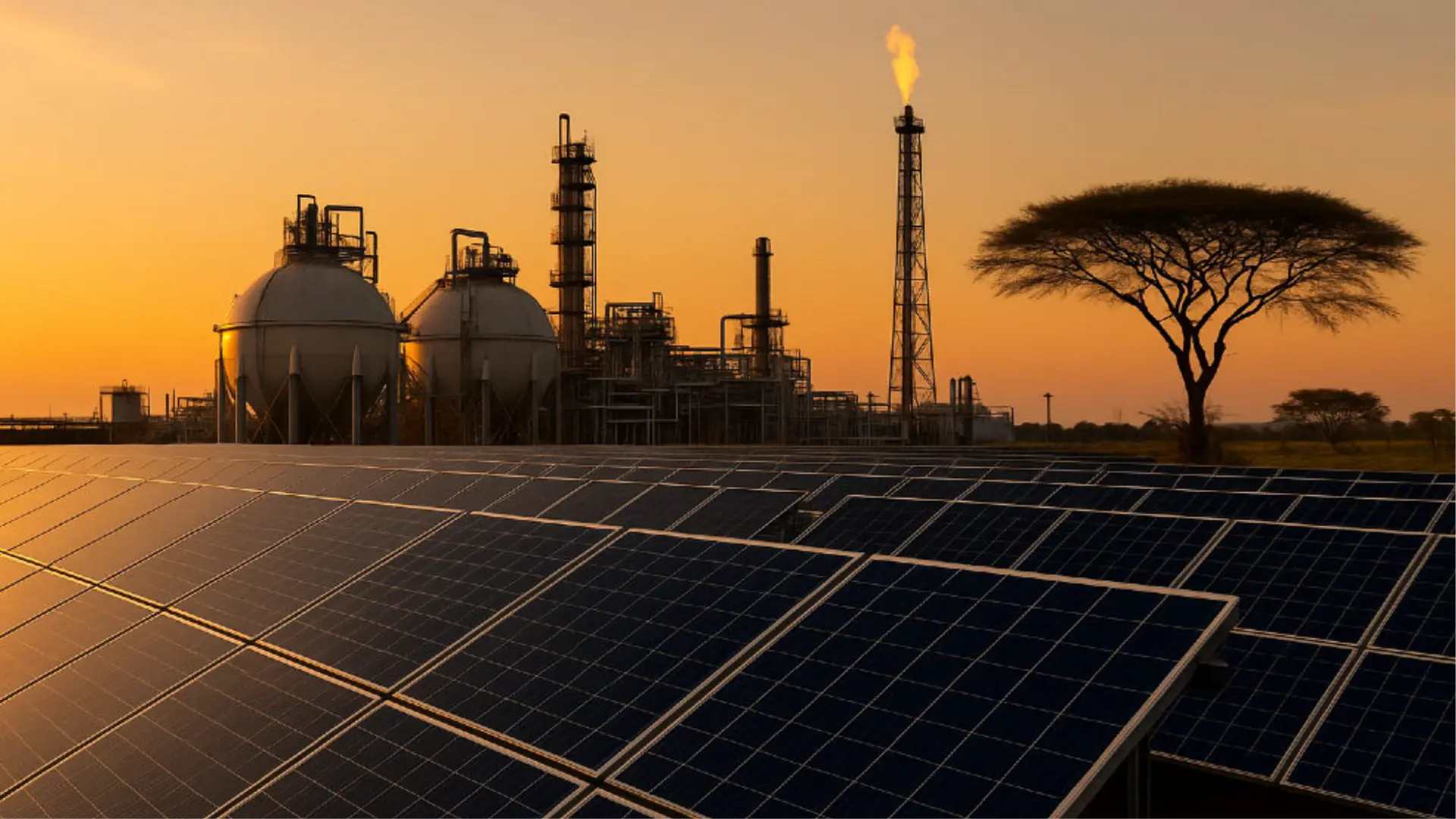Research
Africa’s energy future is shifting from fossil fuels to renewables as a competitive industrial driver. With the right mix of policy, infrastructure, and capital, clean energy becomes bankable. Acorn & Partners supports this transition by turning market data into actionable intelligence, helping scale reliable, investable energy solutions across the continent.

Africa’s energy story has long been written in barrels and cubic feet. That upstream reality still matters, but a parallel narrative is gaining momentum. Across the continent, renewables are moving beyond pilot status and into factories, national grids and emerging export routes. They are quietly becoming a hard-edged source of competitiveness rather than decorating sustainability reports.
From geothermal hubs in East Africa to hydrogen corridors in Southern Africa, a new industrial energy map is taking shape: (1)
This pattern is not confined to one region. While differing in scale and context, Uruguay’s long-term policy clarity has transformed its electricity mix, where renewables now generate nearly all of the country’s power. In Vietnam, transparent feed-in tariffs and rapid grid upgrades unlocked record levels of solar investment in just two years. These benchmark successes point to a shared principle. When regulation, infrastructure and capital move in sync, clean power becomes an engine of competitiveness, not a branding exercise.
Rules and institutions are now shifting as quickly as the technologies themselves. Special-zone incentives, open procurement, enforceable offtake contracts and blended-finance vehicles are dismantling the notion that clean energy belongs only in concept notes. Where the architecture is credible, capital prices in, not out, and clean energy becomes not just viable but bankable.
Hydrocarbons, of course, will not disappear overnight. Natural gas still steadies grids and supports industrial load, while oil remains deeply embedded in transport systems, export revenues and still underpins fiscal and trade balances in many economies. The task is not to abolish fossil fuels but to let renewables displace the next litre of diesel in a pragmatic sequence. That means reliable price signals, transmission that keeps pace with ambition, and regulations clear-eyed enough to accept that gas and solar must coexist during the transition.
All of this turns on risk and on how risk is perceived. Country-level premiums remain stubborn, yet the surest way to compress them is through policy and regulatory consistency. When auctions run on schedule, grid codes stay predictable and contracts are honoured, investors stop viewing the continent as a patchwork of fragile bets and start seeing a portfolio of resilient opportunities. Chile’s decade of policy clarity, which halved the cost of solar finance, stands as proof.
The next industrial leap will not be secured by replacing hydrocarbons with renewables in a single stroke. It will come from using today’s upstream strengths to fund tomorrow’s lower-carbon base and from synchronising policy, infrastructure and capital so that the transition is not merely admirable but investable. The building blocks are already emerging. The task now is to scale what works and make it endure.
This is the lens through which Acorn & Partners operates. Working at the intersection of energy and industry, we help decision-makers navigate the frictions between strategy and execution. By mapping grid congestion, tracking policy volatility and gauging offtaker demand, we turn market signals into usable intelligence. In a landscape where strategic decisions and innovation depend as much on insight as on infrastructure, reliable data is no longer a luxury. It is the foundation for industrial development, strategic investment and long-term competitiveness.
Reference: https://www.irena.org/publications/2022/Jan/Renewable-Energy-Market-Analysis-Africa